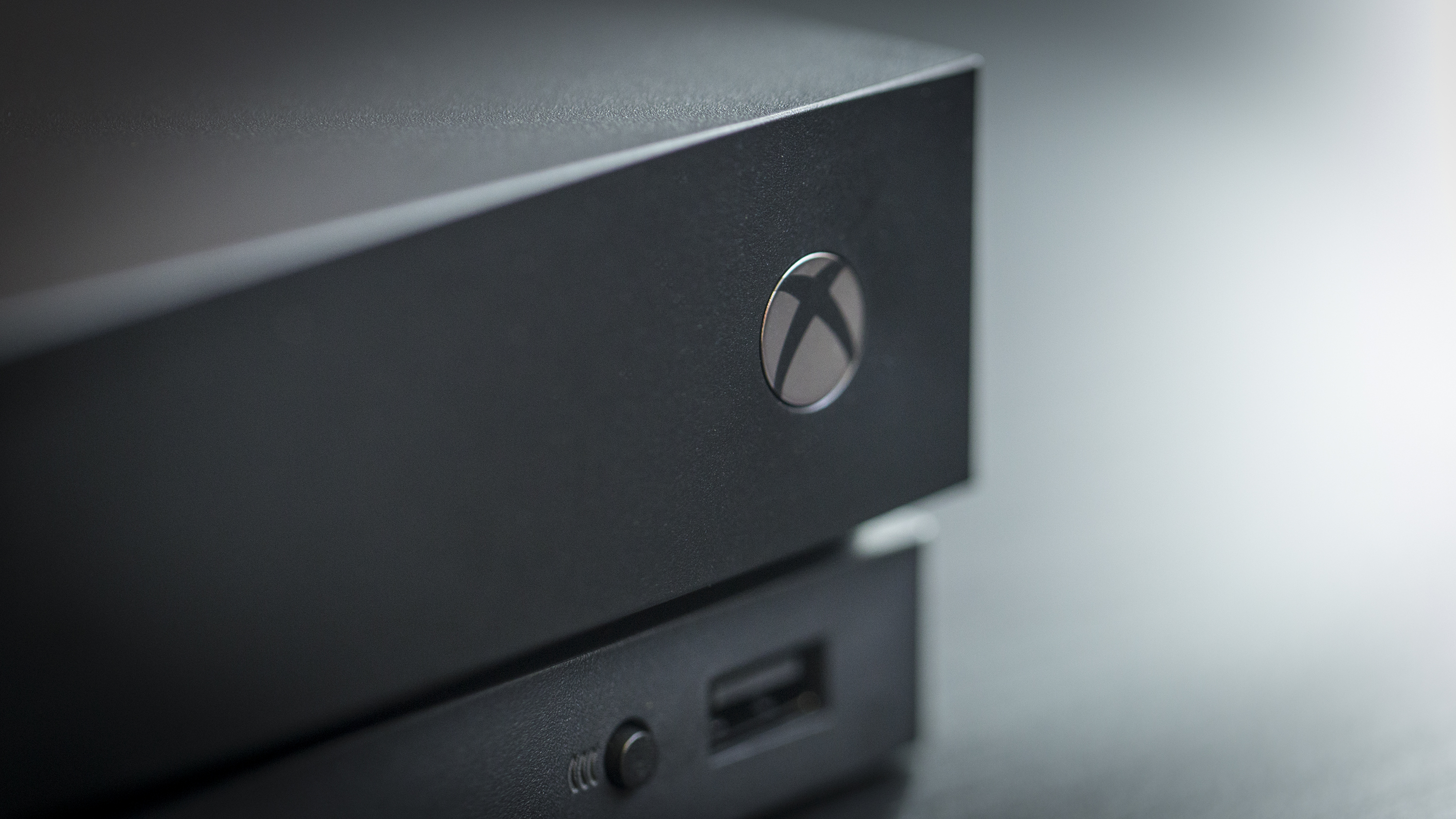Microsoft has no time for offensive language on Xbox Live, Skype or Office

Microsoft has unveiled its brand new Code of Conduct and you might be interested to know that using offensive language in Xbox Live, Skype, Office – shared documents – could land you in some sh**.
This is all part of the new Microsoft Service Agreement, which comes into action on May 1 2018. Under this new agreement, Microsoft says: “we've clarified that use of offensive language and fraudulent activity is prohibited."
Now, we’re sure you’re not one for a foul mouth but if you do find yourself caught out, you could be looking at account suspensions or bans from Xbox Services, time cut off your Xbox Live Gold membership or lose funds tied to the account. Microsoft says it could even close “your Microsoft account immediately with good cause.”
Keep it clean
This is unlikely to happen as soon as you let an F-bomb fall, of course. Microsoft has said it will investigate incidents and that it reserves the right to “review Your Content in order to resolve the issue,” but promises “we do not monitor the Services and make no attempt to do so.“
It's hard, however, to see what constitutes offensive language exactly. We guess if you wouldn’t like it said to you, not saying it to anyone else would be a good guideline to follow but greater clarity is needed here.
It is, of course, unlikely that every instance of swearing on its services will raise Microsoft’s ire. For many, friendly conversations have a natural flow of swear words which have no offensive intention, so enforcing this kind of rule would very difficult, perhaps impossible, without unfairly punishing a large number of users.
We imagine that given Microsoft has said it won’t be monitoring its services, a blanket bleep out is not what's being attempted here. It’s likely Microsoft is trying to make it clear that verbal abuse on any of its platforms will not be tolerated.
Sign up for breaking news, reviews, opinion, top tech deals, and more.
The fact that Microsoft says it'll be investigating "alleged violations" of these terms of service suggests that users will have to be reported by someone before Microsoft picks up on your activity. However, it's not clear from whom these allegations will need to come or whether one report will be enough to get you in trouble. Greater clarity is perhaps needed on how exactly Microsoft's attention will be drawn to your activities.
- Via Eurogamer
- These are the best Xbox One games to play right now

Emma Boyle is TechRadar’s ex-Gaming Editor, and is now a content developer and freelance journalist. She has written for magazines and websites including T3, Stuff and The Independent. Emma currently works as a Content Developer in Edinburgh.